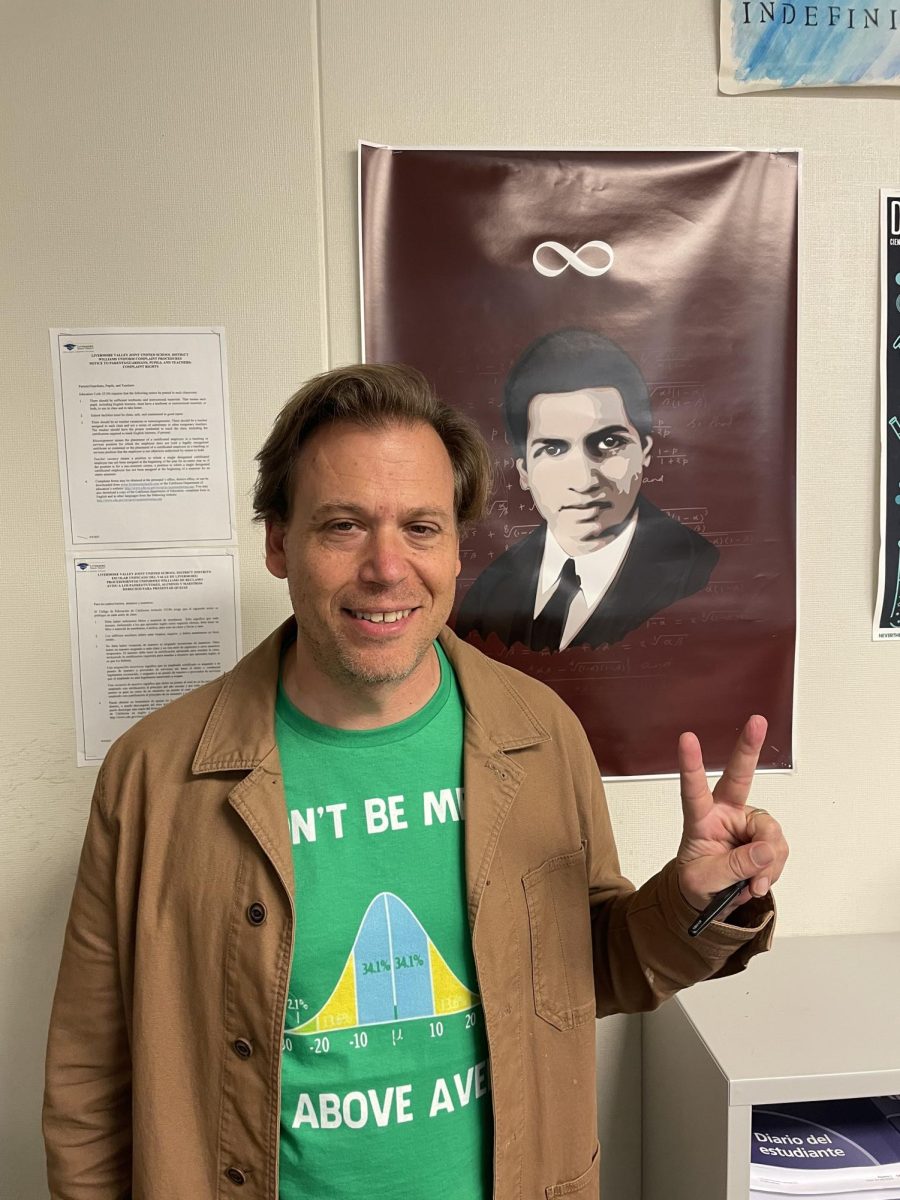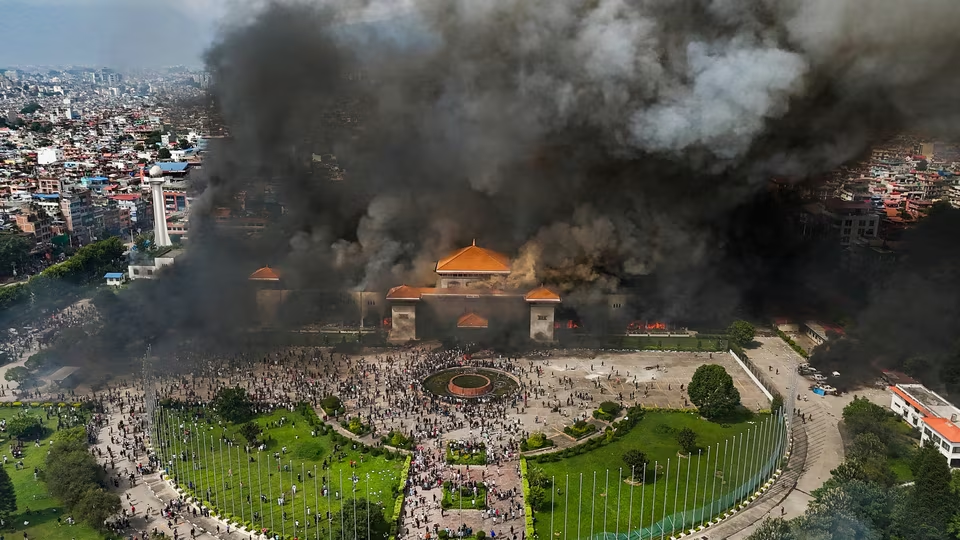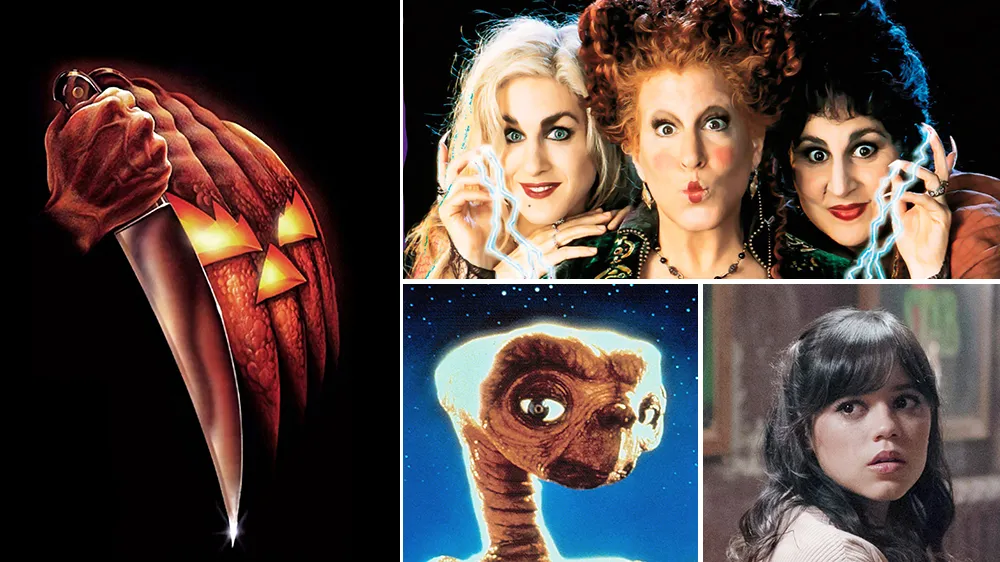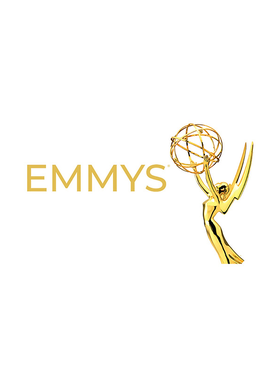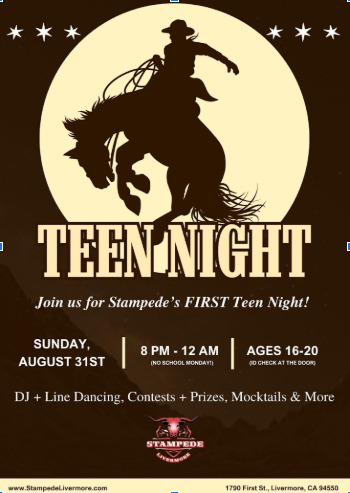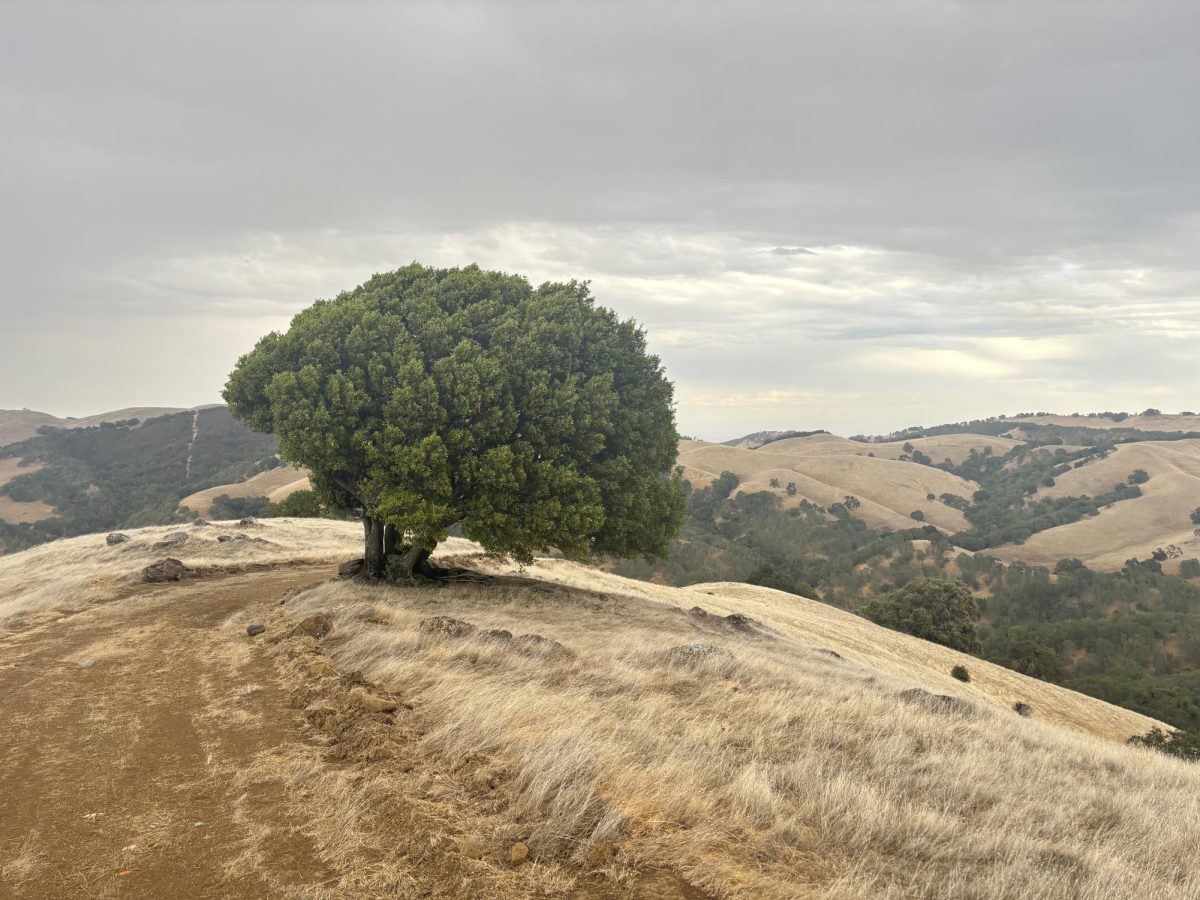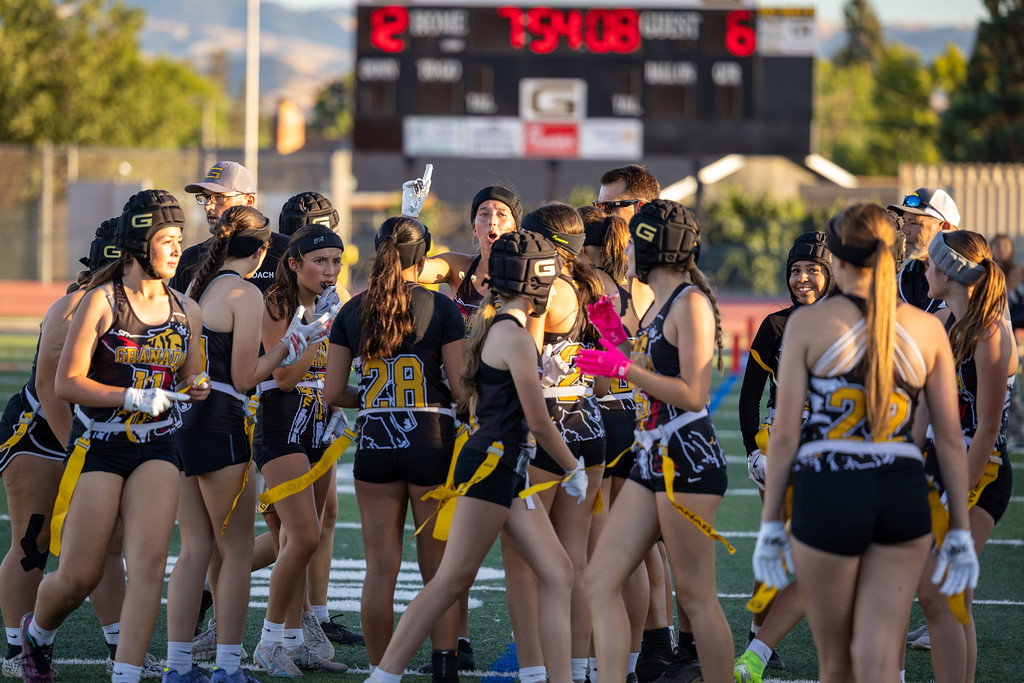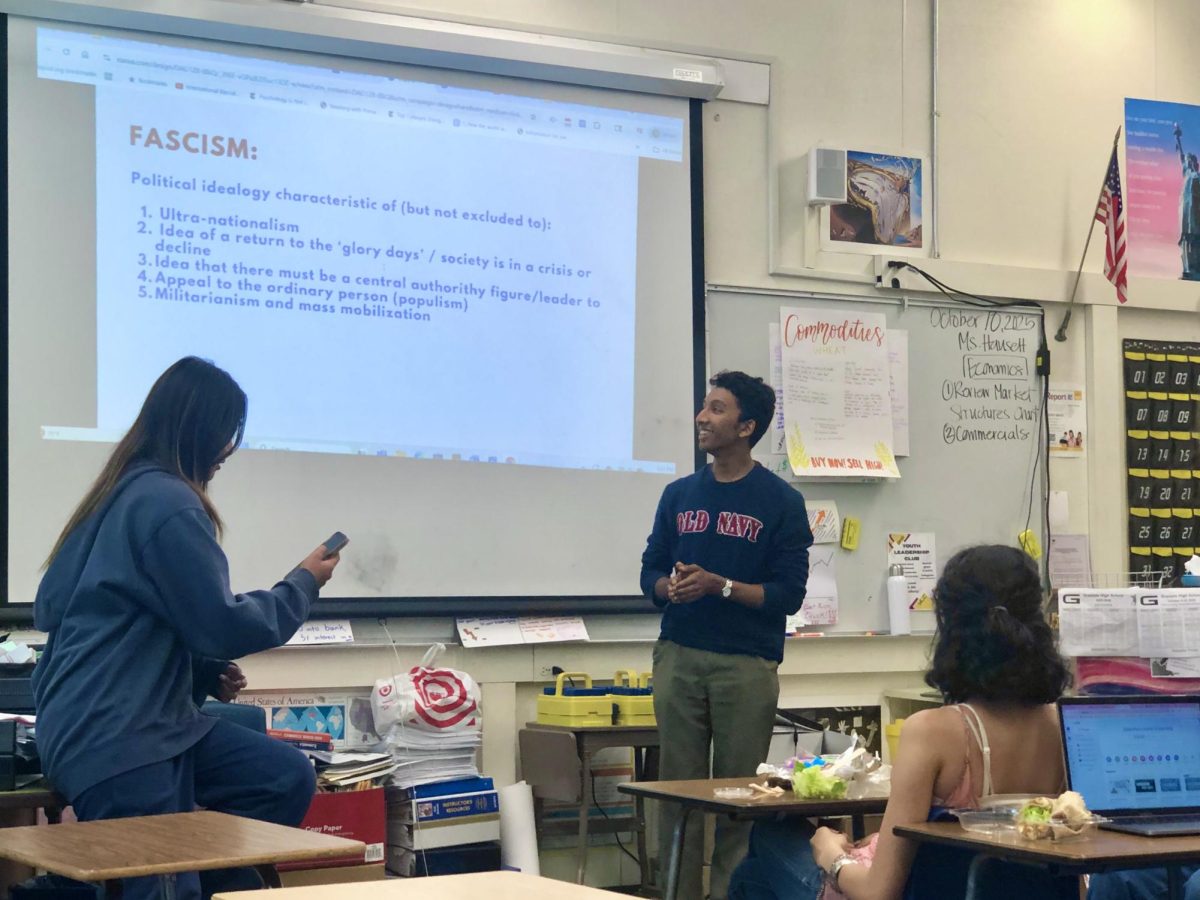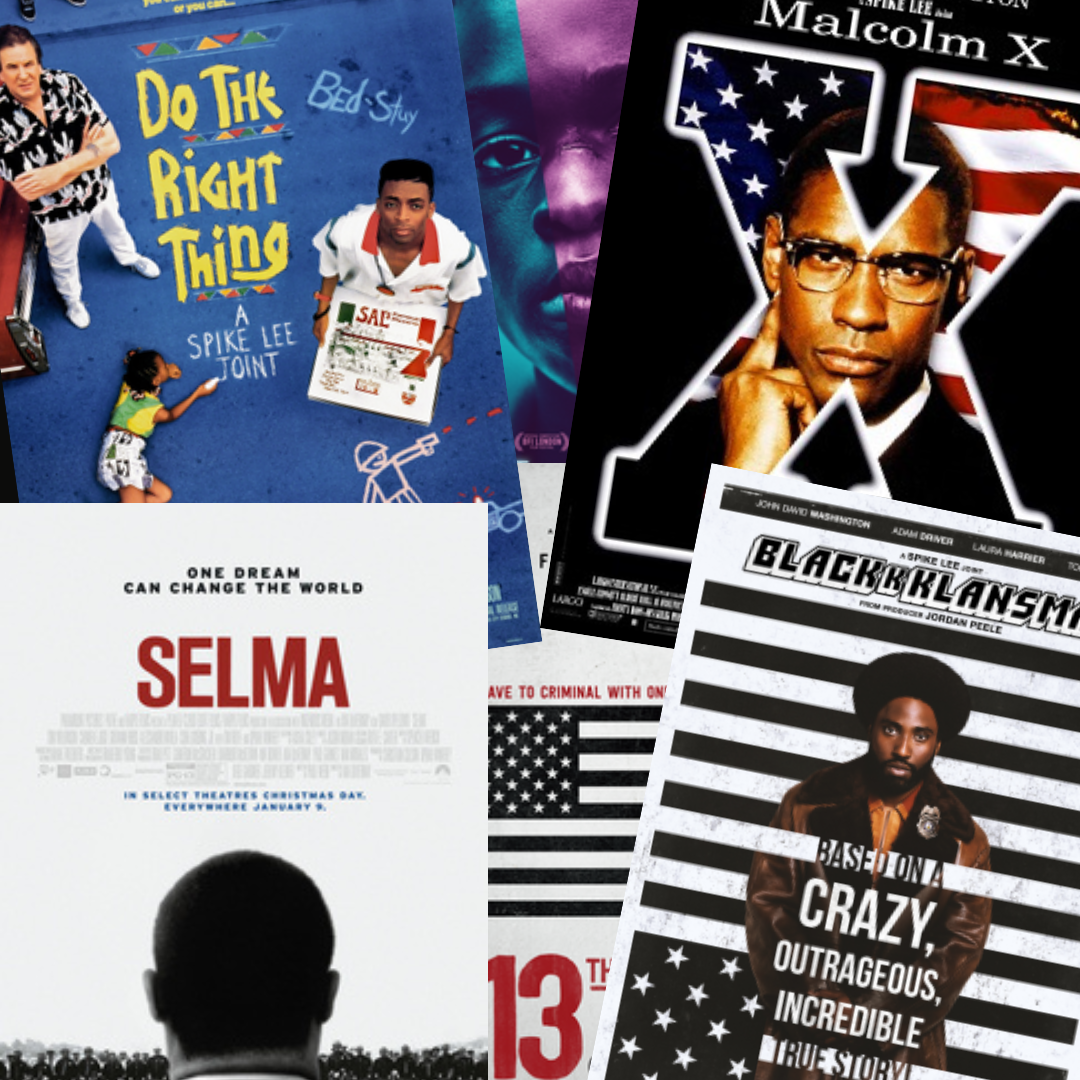February is Black History Month. During this time, we celebrate the Black people who fought for not just their rights but the rights of the entire nation. It’s also a chance to explore Black culture and art. To celebrate, here are eight films, starring and created by Black people, that you should watch for Black History Month.
Do the Right Thing (1989)
Created by Spike Lee, Do the Right Thing is one of the preeminent films about racism. The movie stars Giancarlo Esposito as Buggin Out, Spike Lee as Mookie, and Danny Aiello as Sal Fragione. Buggin Out is upset that Sal, who owns a pizzeria in a Black neighborhood, has no Black actors on his restaurant’s Wall of Fame. The movie progresses into a story of racial injustice, police violence, and reconciling different identities. While the movie doesn’t depict historical events, it critiques the social systems that uphold racism. Do the Right Thing asks us how we know what the right thing to do is.
12 Years a Slave (2013)
Based on Solomon Northup’s 1953 autobiography, 12 Years a Slave tells the story of Northup’s kidnapping and time in slavery. The movie stars Chiwetel Ejiofor as Solomon Northup, a free Black man from New York who is kidnapped and enslaved in the South. He encounters different owners until an abolitionist from Canada gives him a chance to regain his freedom. The film does not shy away from the harsh truths of slavery, and, as the World Youth Alliance puts it, “[12 Years a Slave] speaks to an audience still tethered to a society that strips human worth to muscle and flesh, and all for profit.” It’s a moving piece of art that depicts one of the most impactful periods of American HIstory.
BlacKkKlansman (2018)
BlacKkKlansman tells the true story of Ron Stallworth, a Black detective who joined the Ku Klux Klan during the 1970s. Stallworth (played by John David Washington) joins the Colorado Springs Police Department as the town’s first Black police officer, and he’s determined to do something with a lasting impression. He sets out to infiltrate the KKK and, with the help of seasoned detective Flip Zimmerman (played by Adam Driver), bring down the organization. While there is humor throughout the movie, BlacKkKlansman shows the impact of the KKK and other radical groups on modern society and makes us wonder: has anything really changed?
Selma (2014)
The movie Selma portrays the 1965 march held by Black activists from Selma to Montgomery, Alabama, in support of Black suffrage. We follow Martin Luther King Jr., played by David Oyelowo, as he and his followers face police violence and opposition from Southern conservatives. The film culminates in the Voting Rights Act of 1965, brought about by the work of the protesters who marched to Montgomery. It’s a powerful film that shows that even after the Civil Rights Act was passed, there was (and is) a lot further to go. With many Americans still fighting for their votes to be equal, Selma highlights the effort and people who made our current society possible.
13th (2016)
When the 13th amendment to the Constitution was passed it was hailed as the end of slavery, and that’s how it’s always been taught. But, as the documentary 13th shows us, slavery is still prevalent in the United States. The film works with different historians, activists, and members of the Black community to explain America’s racial inequality and how it’s continued by our for-profit prison system. The 13th didn’t eliminate slavery but led to a prison system that continues to turn African Americans into slaves. 13th is a required watch, especially when our history curriculum teaches us that slavery has been eradicated.
Malcolm X (1992)
Malcolm X by Spike Lee tells the story of controversial Black activist Malcolm X. Starring Denzel Washington, the film details Malcolm’s life as he converted to Islam in the 1950s, became a leader of the religious organization the Nation of Islam, and spearheaded the Black Nationalism movement of the 1960s. Culminating in Malcolm’s assassination in 1965, the movie shows his lasting impact on civil rights and the Black Pride movement. Malcolm X is a fantastic, dramatic film that dives into the life and impact of one of the most important figures in the civil rights movement.
Judas and the Black Messiah (2021)
Judas and the Black Messiah focuses on the activities of the Black Panther Party as the FBI tries to bring down the Black Pride movement supported by the organization. The film stars LaKeith Stanfield as William O’Neal, a Black man who has been enlisted by the FBI to spy on Fred Hampton (played by Daniel Kaluuya). The movie explores Black activism during the 1960s and how it was constantly opposed by law enforcement. The friendship between O’Neil and Hampton, allegories for Judas and the “Messiah,” respectively, also shows how one of the government’s most powerful tools was turning African Americans against each other. The movie provides great insight into the intricacies of the Black Panther Party and Black activism during the 60s.
Moonlight (2016)
Based on the play “In Moonlight Black Boys Look Blue,” the film is about Chiron, a young Black man growing up in Miami. He navigates the complexities of sexuality while dealing with a drug-addicted mother and bullying by his peers. Moonlight is a raw portrayal of the expectations put on Black men when it comes to masculinity and homosexuality. Through Chiron’s tribulations, we see how he reconciles with being gay while still being able to hold on to his identity as an African American. It’s a landmark film that thoroughly and artistically portrays the intersectionality between Black and queer culture.

